Radio wave gynecology with the Surgitron device
Radio wave gynecology using the Surgitron device is a modern method of treating gynecological diseases. The device operates on high-frequency radio waves, which allows removing affected tissue with high precision and minimal damage to surrounding areas. One of the main advantages of the Surgitron is the minimal risk of scarring. The device is suitable for women planning pregnancy. Patients note a quick recovery and no need for a long hospital stay.

specialists

equipment

treatment
Features of the Surgitron device

The Surgitron radio wave device supports several modes that are selected depending on the type of procedure:
- CUT — for thin, precise cuts without severe tissue damage
- BLEND — simultaneous cutting and cauterization to prevent bleeding
- COAG — used to coagulate small vessels
- FULGURATE — destroys tissue simultaneously with coagulation
- BIPOLAR — bipolar coagulation for working with larger vessels
When using the Surgitron device in gynecology, tissue damage is minimal due to the so-called "cold cut". High-frequency radio waves heat tissue less than electrosurgery or lasers, which reduces the risk of burns and inflammation. Radio wave coagulation instantly stops bleeding, allows the doctor to work in a clean and clearly visible surgical field, removing damaged areas in one go.
Comparison of radio wave surgery and laser therapy
Let's consider two popular therapeutic methods in gynecology:
| Characteristics | Radio wave surgery | Laser therapy |
|---|---|---|
| Principle of action | High-frequency radio waves destroy tissues, evaporate cellular fluid. | Concentrated light heats tissues, evaporating or destroying them. |
| Accuracy | Very high, healthy tissues are practically not affected. | High, but greater thermal exposure can damage adjacent tissues. |
| Bleeding | Vascular coagulation reduces the risk of bleeding. | The risk of bleeding is minimized, but sometimes additional coagulation measures are required. |
| Application areas | Treatment of erosion, polyps, dysplasia, removal of condylomas and papillomas. | Removal of skin neoplasms, treatment of endometriosis, fibroids and others pathologies. |
| Cost | Affordable, as it requires less expensive equipment. | Often more expensive due to the high cost of the device and consumables. |
| Recovery time | Fast, minimal complications due to gentle impact. | Longer due to possible burns and thermal damage. |
At the K+31 clinic in Moscow, doctors use both methods: radio wave surgery and laser therapy. You can sign up for a consultation and check prices on the website or by phone. We are always ready to help!
Advantages of radio wave surgery in gynecology
The advantages of radio wave surgery with the Surgitron device in gynecology "K+31" include:
- Accuracy and minimal damage. Radio waves affect only the affected tissues, without affecting healthy areas
- Quick recovery. After procedures with radio waves, patients return to active life in 1-2 days. The surgical area heals within 7-10 days
- Absence of scars. The radio wave method does not leave scars
- Reduced risk of infections. Radio waves sterilize the surgical area, destroy bacteria, prevent inflammation
- Universality of application. The method is used to treat dysplasia, remove polyps, warts, moles
The duration of the procedures varies from 10 to 20 minutes. They are performed under local anesthesia.
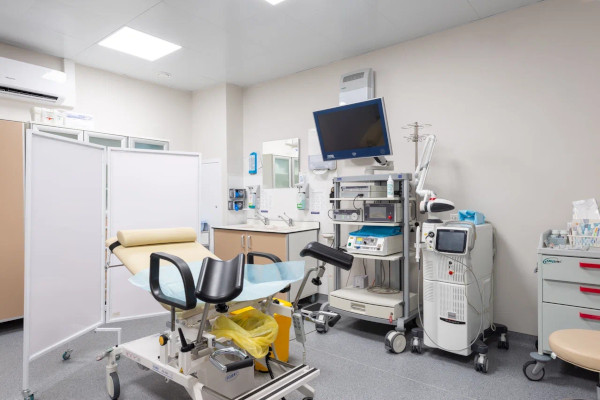
Answers to popular questions
Doctors from the K+31 medical center answered frequently asked questions from patients about radio wave surgery.
What sensations arise during radio wave treatment?
How long do discharges last after the procedure?
Can radio wave treatment be performed on women who have not given birth?
How long does recovery take after radio wave treatment?
What should I do if I have a pacemaker?
Is pregnancy possible after radio wave treatment?
What side effects can occur after treatment?
How often should follow-up examinations be scheduled?
Are there dietary restrictions after the procedure?

This award is given to clinics with the highest ratings according to user ratings, a large number of requests from this site, and in the absence of critical violations.

This award is given to clinics with the highest ratings according to user ratings. It means that the place is known, loved, and definitely worth visiting.

The ProDoctors portal collected 500 thousand reviews, compiled a rating of doctors based on them and awarded the best. We are proud that our doctors are among those awarded.
Make an appointment at a convenient time on the nearest date
Price
Other services
Reviews


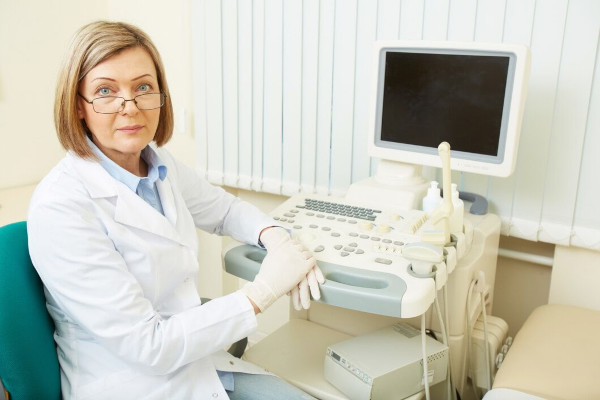

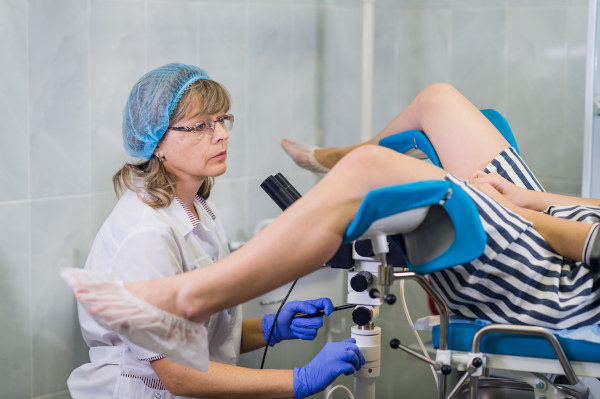

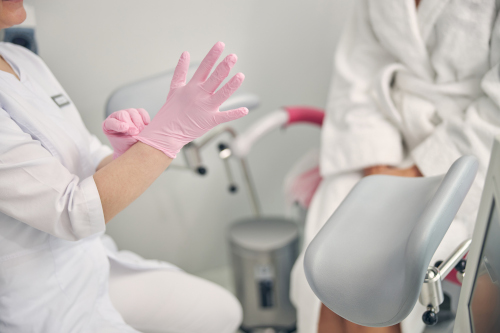
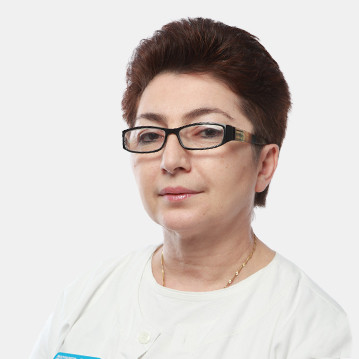
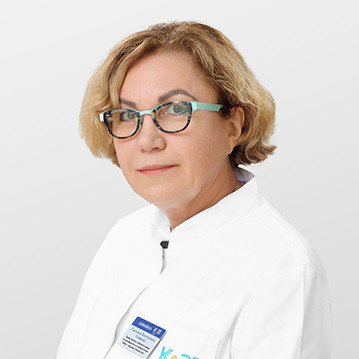
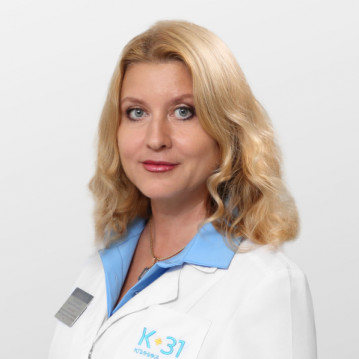

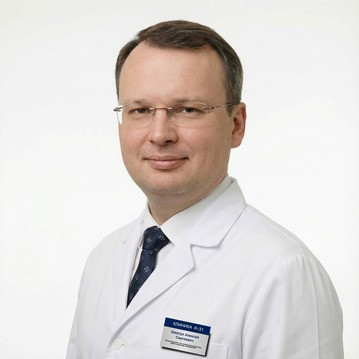
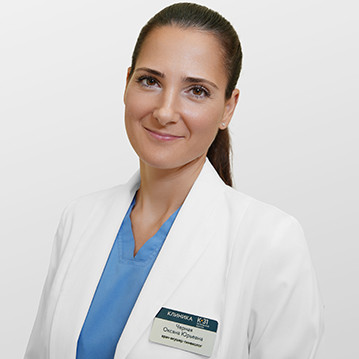
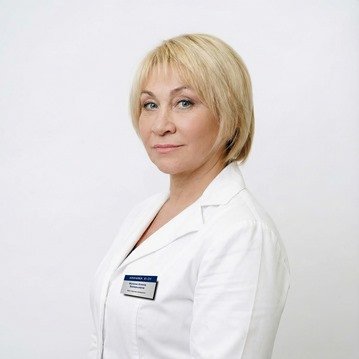
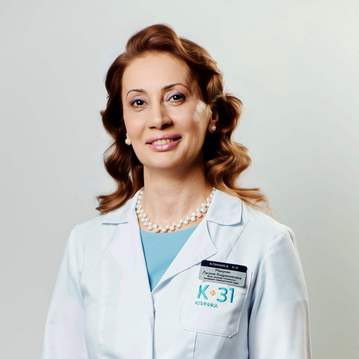

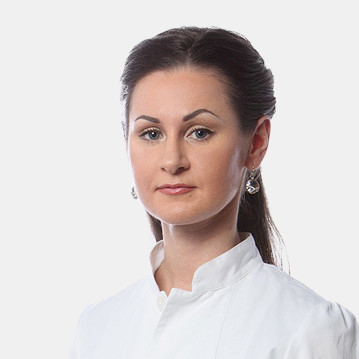
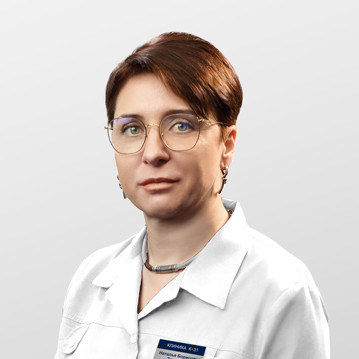
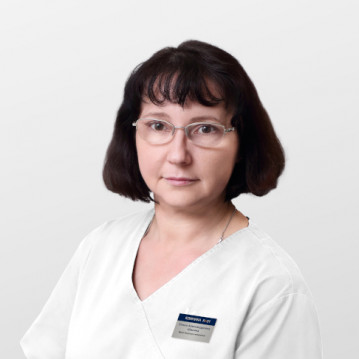
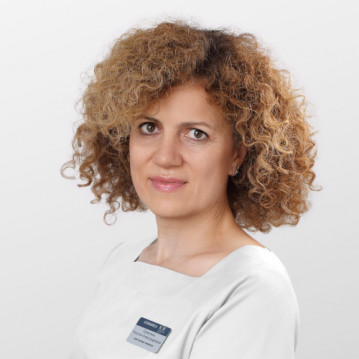

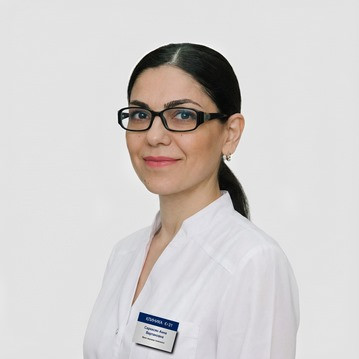
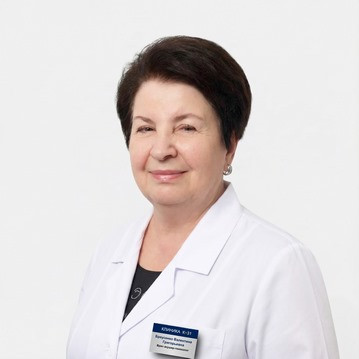
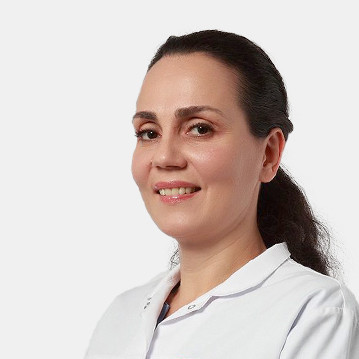
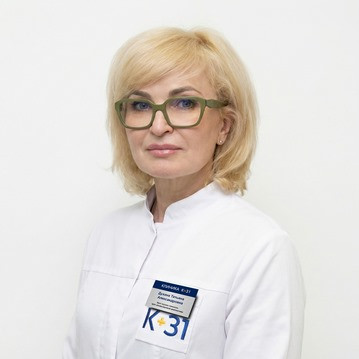
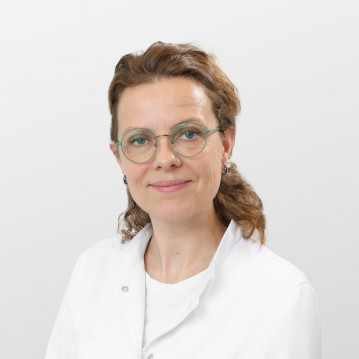
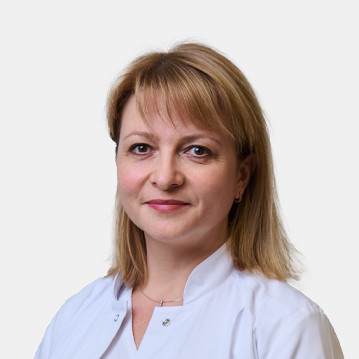
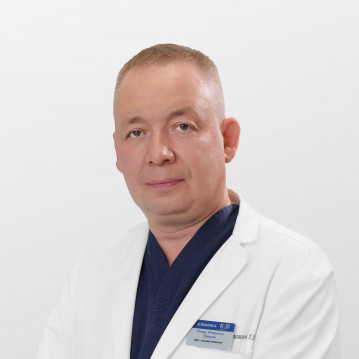
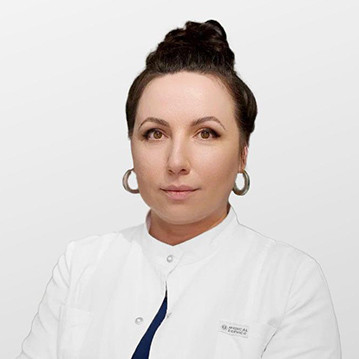

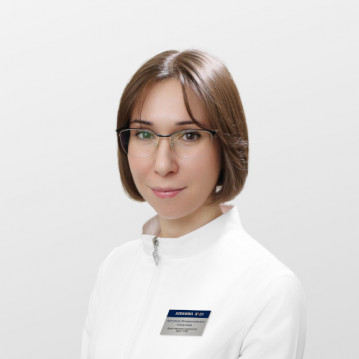

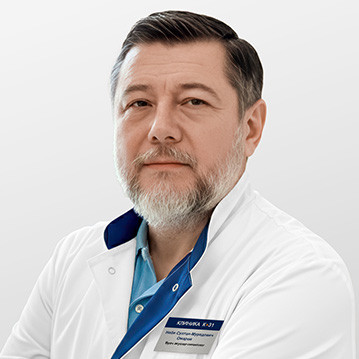
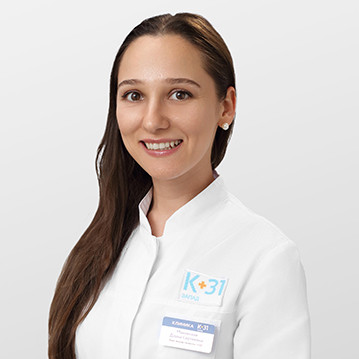
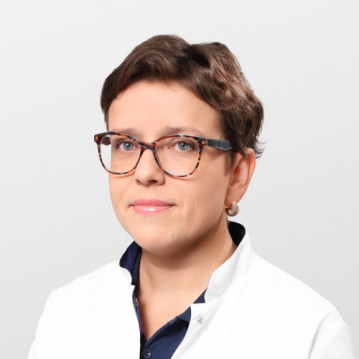
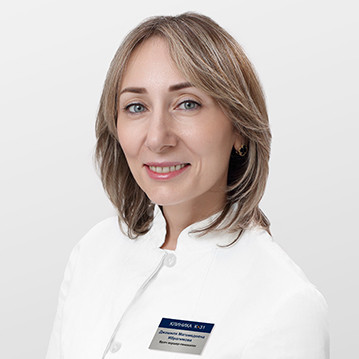
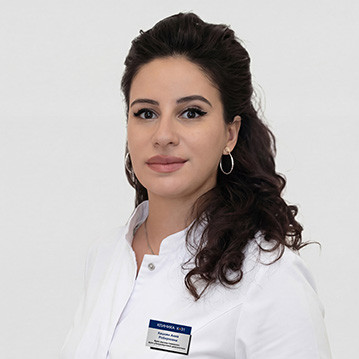
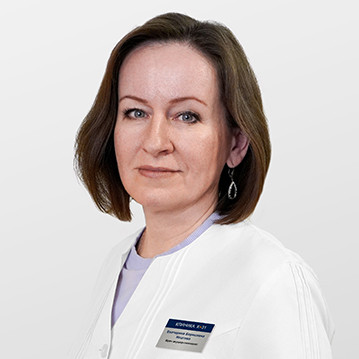

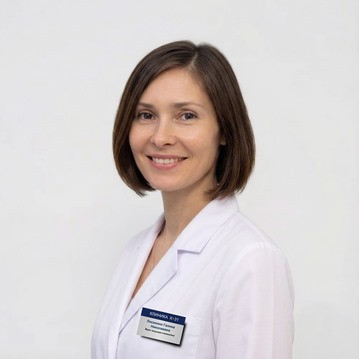
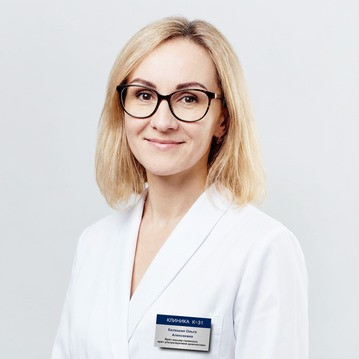
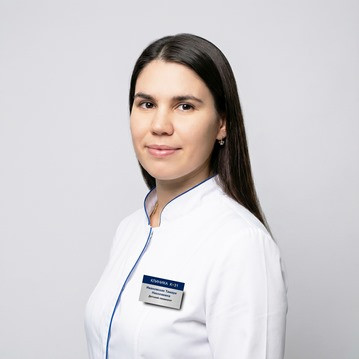
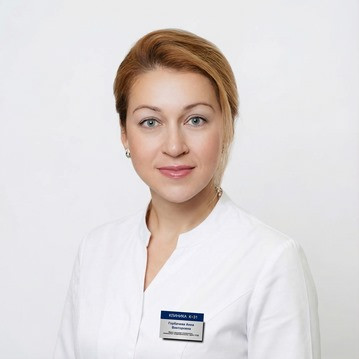
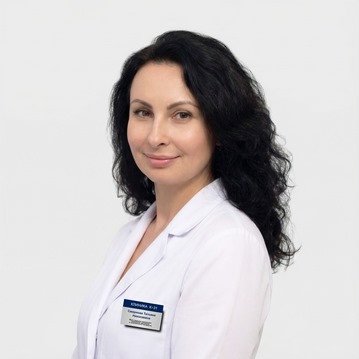
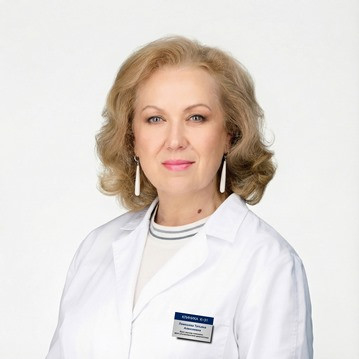







The operating principle of the Surgitron device
The Surgitron device operates using high-frequency radio waves (3.8–4.0 MHz), which heat tissue cells, evaporating the liquid inside them. The steam coagulates the vessels and prevents bleeding.
The radio wave method not only gently affects the tissues, but also sterilizes the surgical area, which reduces the risk of infections. Healing occurs faster, since the vessels and healthy tissues are practically not damaged.